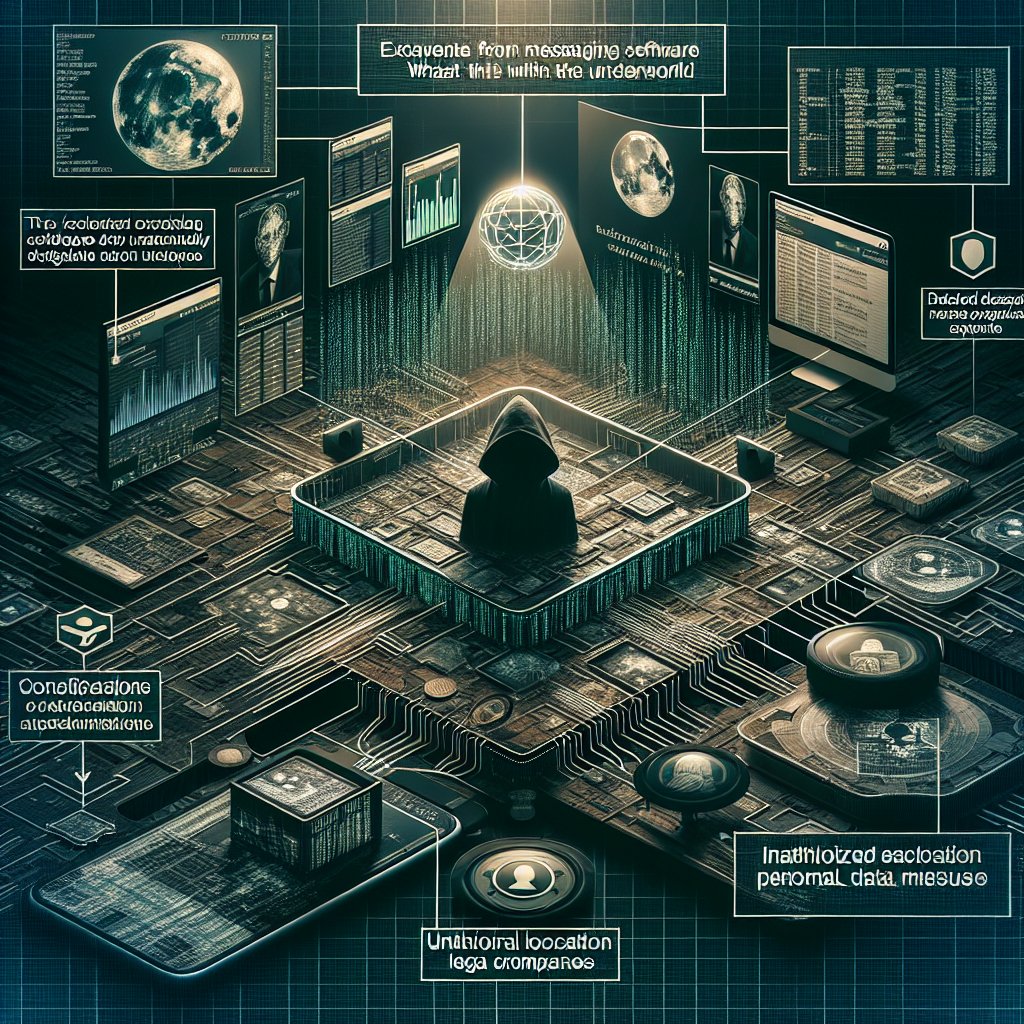Image created by AI
Hawks Unravel Deleted WhatsApp Trail Tying Assassinated Investigator to South African Underworld
In a sophisticated digital forensic endeavour, the Hawks have managed to excavate critical evidence from the depths of deleted WhatsApp communications, starkly illuminating the alleged connivance between accused Zane Kilian and notorious underworld figure Nafiz Modack. Lieutenant-Colonel Charl Kinnear's assassination on September 18, 2020, brought to the fore the enmeshed threads of South Africa’s gang underworld and apparent law enforcement vulnerabilities.
Kilian, a former rugby player turned debt collector, surfaced in this intricate web through the discovery of multiple expunged messages and images deep within his mobile device. Once captured by South African authorities, the crucial data which had been meticulously cloaked through the deletion of WhatsApp, retained its shadow in the form of revealing screenshots nestled among Kilian's photo gallery.
The messages, according to the Hawks' Captain Edward du Plessis, disclose a "close relationship" between Kilian and Modack, with the latter being a person of interest in Kinnear's investigations. It is believed Kilian employed WASPs, who are granted substantial access to location data, in order to shadow Kinnear and another potential target, attorney William Booth.
Booth, a criminal defense lawyer, narrowly escaped an assassination attempt, which was preceded by numerous pings to his phone, paralleling consumer trace reports on Kilian's device sent to "Nafiz 3." These events transpired during a period Booth was counseling a witness against Jacques Cronje, an ally of Modack.
Telecommunication giants Vodacom and MTN have been embroiled in this scandal, as shortcomings in their policies have permitted the unwarranted tracking of South Africans. While contracts required explicit consent for tracking, technical safeguards were absent, and abuse persisted under the guise of 'good faith'.
MTN responded with alacrity, suspending location-based services after the implicated WASPs failed to validate consensual tracking. Vodacom’s approach has been reserved, with the suspension of services from only one company, without shedding light on the extent of the potential breach.
Legal experts, including Jos Floor of Floor Inc Attorneys, have scrutinized the role of cellular service providers within South Africa’s legislative framework, particularly in light of the Protection of Personal Information Act. Floor discredits the defense of 'good faith' and emphasizes the necessity for customer awareness regarding the usage of their personal data. The retrieval of Kinnear’s location information for third-party interests, without explicit consent, reflects a breach of intended usage and, potentially, legal liability for the service providers.
Without a doubt, the revelations following Kinnear's assassination not only underscore the perilous nexus between organized crime and personal privacy but also impel a call for strict oversight of data protection protocols at the national level.










